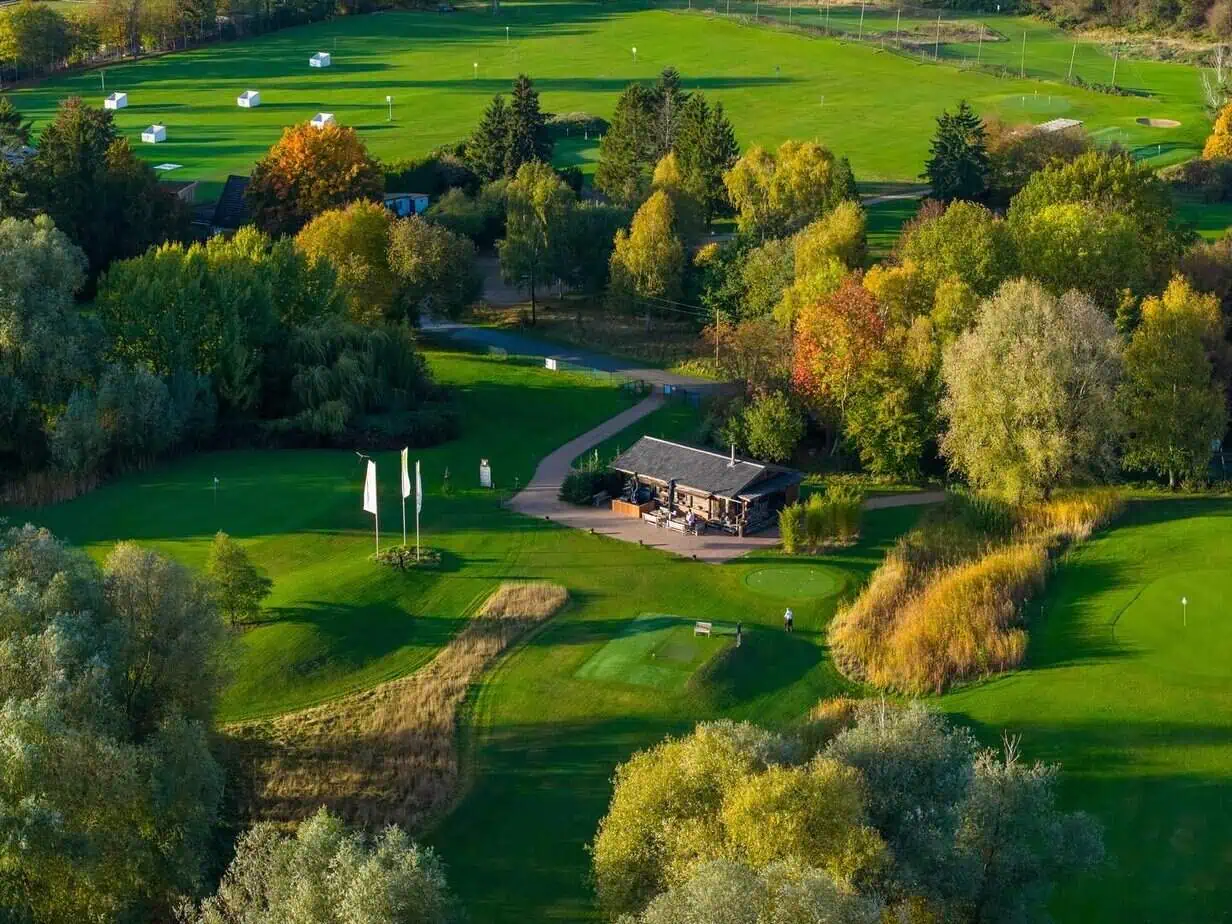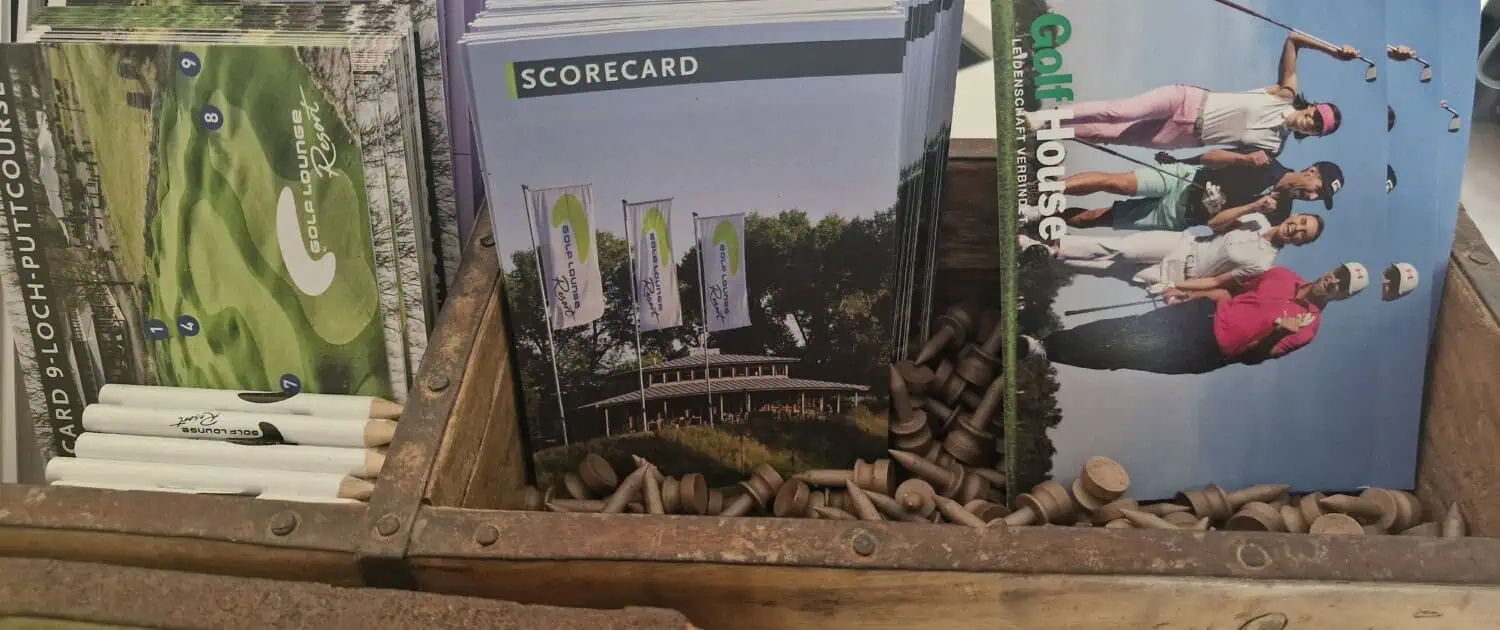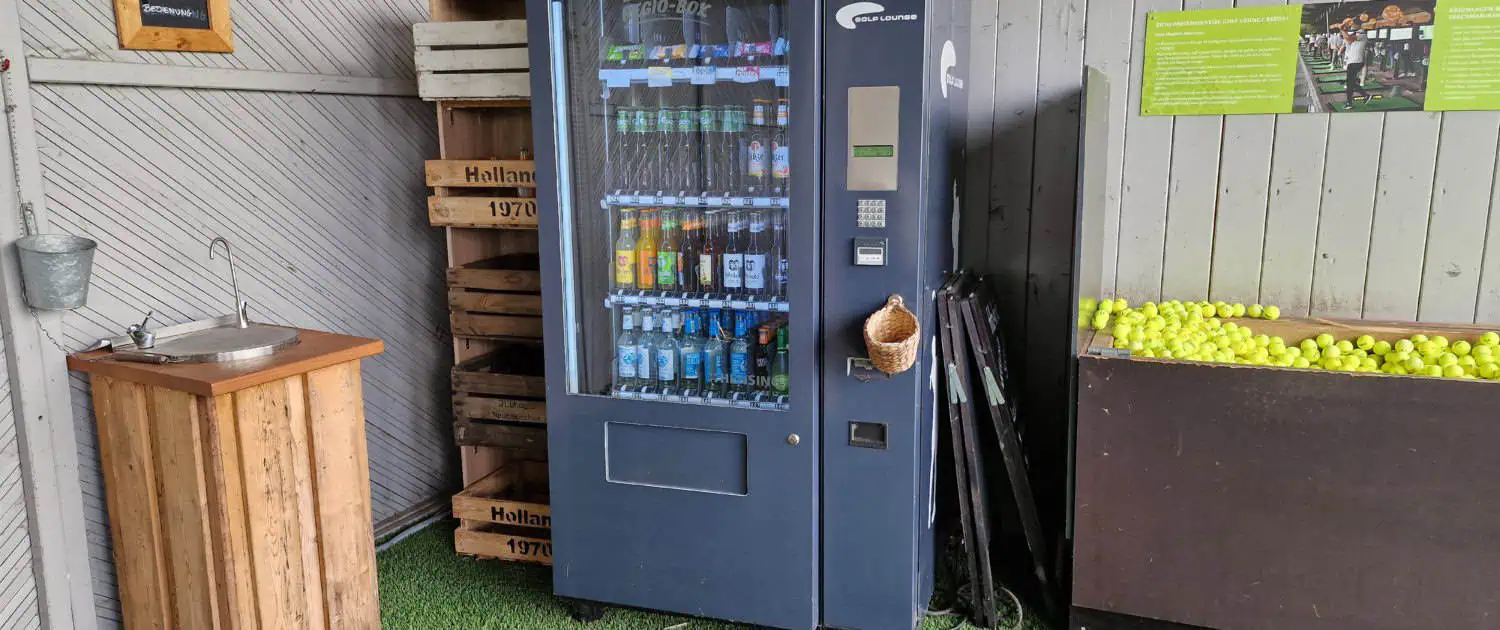Golf Lounge Hamburg: Taking baby steps for a greener future
“We try to approach it in baby steps.” Max Stechmann, Managing Director of the Golf Lounge in Hamburg-Moorfleet, is cautious about sustainability. He knows the topic is complex, and anyone who makes a loud noise could quickly be accused of greenwashing.
But on the other hand, there is his own interest in sustainability, which he shares with Peter Merck, founder of the Golf Lounge. “We are definitely trying to do something positive for the environment here,” says Stechmann, summarising their motivation. Of course, the Golf Lounge is first and foremost a golf and event space near to the city centre, but during normal business operations, they want to think about sustainability in as uncomplicated a way as possible. And because Merck and Stechmann are regarded as doers rather than doubters in the German golf scene for good reason, they have gradually introduced the first sustainability projects on the approximately 34-hectare golf course in Hamburg-Moorfleet. Baby steps, as they say. But small progress is better than standing still.
Subscribe to our newsletter!
News & trends about sustainability in golf
From CoffeeTee to solar power
If you are the operator of a large event, leisure and sports venue – which is exactly what the Golf Lounge Hamburg actually is – and want to take small steps to become more environmentally aware, you have a whole host of options. In Moorfleet, golfers come into contact with the topic of sustainability for the first time at reception. The small, brown coffee teas from the Danish company GreenUp are currently regarded as the premium product in the sustainable tea segment. They are a few cents more expensive to buy than bamboo teas from China, but the delivery route from Denmark is short and the teas are of first-class quality. Many plus points – they are also worth a higher purchase price to the Golf Lounge.
“We also work primarily with regional and local suppliers in the catering sector,” says Stechmann, explaining the concept. No, there is no elaborate CO2 reporting here, but there is an awareness that long delivery routes quickly drive up the CO₂ emissions of any golf course. For this reason alone, it makes sense to opt for regional purchasing.
In practical terms, the Golf Lounge has been trying to offset these CO₂ emissions for years anyway. One euro from every green fee goes towards a tree project that is run together with the Apeldör and Red Golf Quickborn golf courses and the Plant My Tree organization. “The trees are planted here in Germany near Itzehoe, we could actually go there and see them,” Stechmann sums up with satisfaction.
There is room for biodiversity even in small areas
On the 34 hectares of land in Moorfleet, the possibilities for planting and renaturation are actually limited, as there are 15 golf holes, a huge driving range, the large restaurant and the putting course on the site. The fact that there is still plenty of space left for the natural use of rough areas is surprising. Although the target group of customers tends to be beginners or high handicappers, they are not afraid of rough areas, which are occasionally found in front of the tees. “Our concept is adapted to ski resorts,” explains Stechmann. “If you take the black slope, you also have to make it 90 meters to the first grassy edge that saves you.” The rough areas are less prominent on the red beginner’s course, but here too there is plenty of natural vegetation, fruit trees and hedges. The motto is clear: biodiversity is also possible in a small space.
The attempt to make plant operations more environmentally conscious has also involved the odd setback: buying the really expensive sustainable polo shirts for all employees was one of them. After the first wash, they were completely out of shape. They will probably change brands next time.
The Managing Director cannot say whether the Golf Lounge’s customers notice or even reward its commitment to the environment. “We certainly need to communicate more about this,” is his analysis. But regardless of whether feedback is received or not, this does not detract from the commitment for the time being. The issue of sustainability continues to be addressed – in baby steps, but very continuously.










 Golf de Chantilly, France
Golf de Chantilly, France